In today's dynamic business landscape, effective supplier data management is essential for seamless supply chain operations. Accurate and current supplier information is critical for making informed decisions and preventing operational disruptions. Yet, many organizations grapple with challenges such as outdated data and resource constraints. According to Deloitte, 82% of companies have now incorporated supplier risk assessments into their data processes to reduce potential risks. Utilizing data management tools like FineDataLink and FineBI can significantly enhance the integration and analysis of data, simplifying the management of supplier information and improving overall efficiency.

Supplier Data Management involves the systematic handling of information related to your suppliers. It includes collecting, storing, and analyzing data to ensure accuracy and accessibility. This process helps you maintain a comprehensive view of your supplier relationships and performance. By managing supplier data effectively, you can make informed decisions that enhance your supply chain operations.
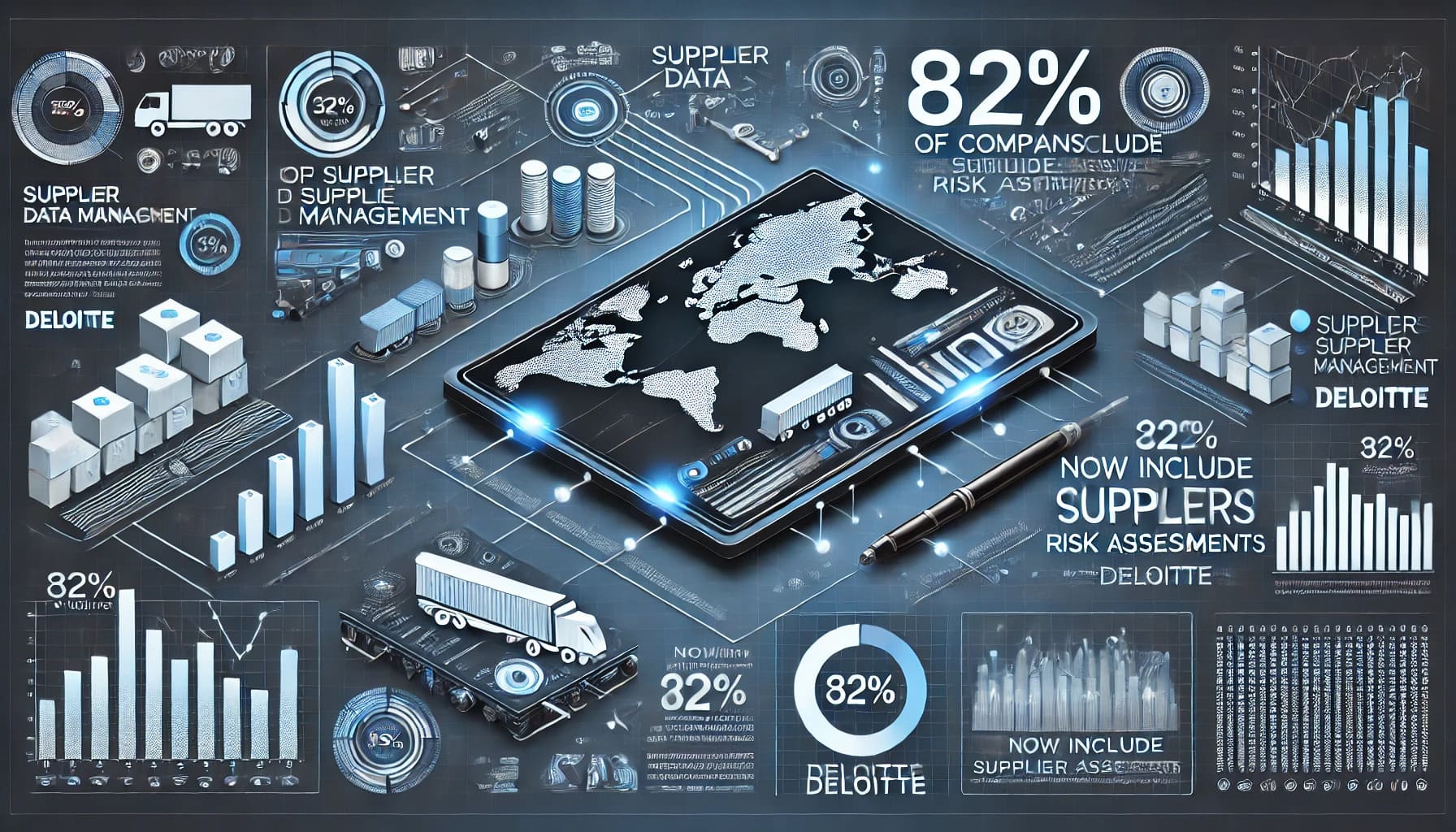
Supplier data encompasses several key components that you need to manage effectively:
Managing these components ensures that you have a complete and accurate picture of your suppliers, enabling you to optimize your supply chain.
Effective supplier data management plays a crucial role in enhancing your relationships with suppliers. By maintaining accurate and up-to-date information, you can communicate more effectively and address issues promptly. This fosters trust and collaboration, leading to stronger partnerships. As Intellitide, an expert in Supplier Data Management, states:
"Unlock the full potential and command of your supply chain with expert Supplier Data Management."
By leveraging accurate data, you can build lasting relationships that benefit both parties.

Supplier data management significantly improves your operational efficiency. With organized and accessible data, you can streamline processes and reduce errors. This leads to faster decision-making and improved supply chain performance. You can identify trends and patterns that help you optimize inventory levels and reduce costs. By focusing on data management, you ensure that your supply chain operates smoothly and efficiently, ultimately driving business success.
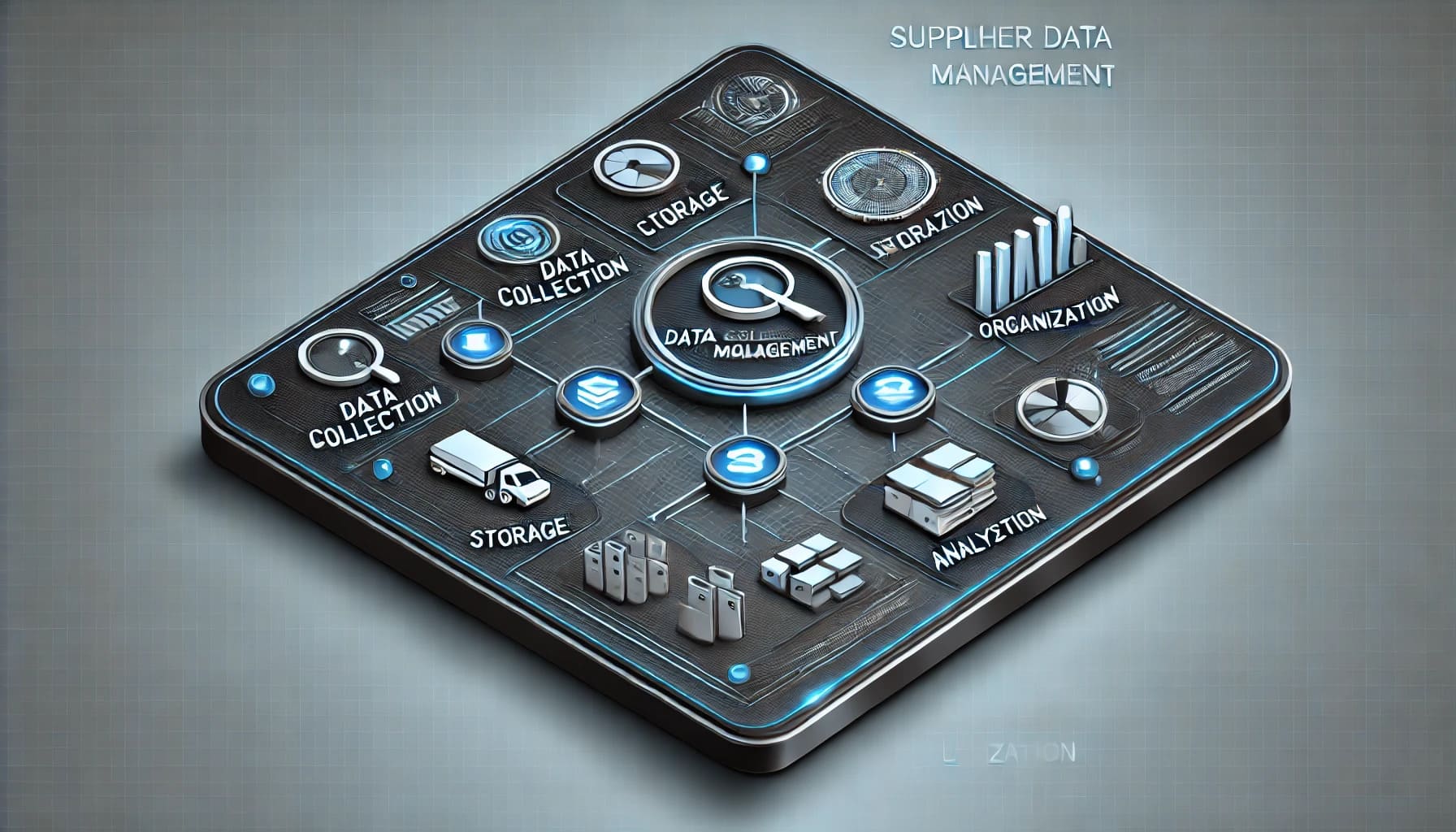
To manage supplier data effectively, you must first identify the relevant data. This involves determining which pieces of information are crucial for your operations. Key data points include contact details, financial records, performance metrics, and contractual agreements. By focusing on these areas, you ensure that you gather comprehensive and useful data. This approach not only enhances your decision-making capabilities but also optimizes resource allocation.
Once you identify the necessary data, you need to decide on the best methods for collection. You can use various techniques, such as surveys, direct communication, and automated data feeds. Each method has its advantages. For instance, surveys provide structured data, while direct communication offers real-time insights. Automated data feeds ensure continuous updates, reducing the risk of outdated information. By employing a combination of these methods, you can maintain accurate and up-to-date supplier data.
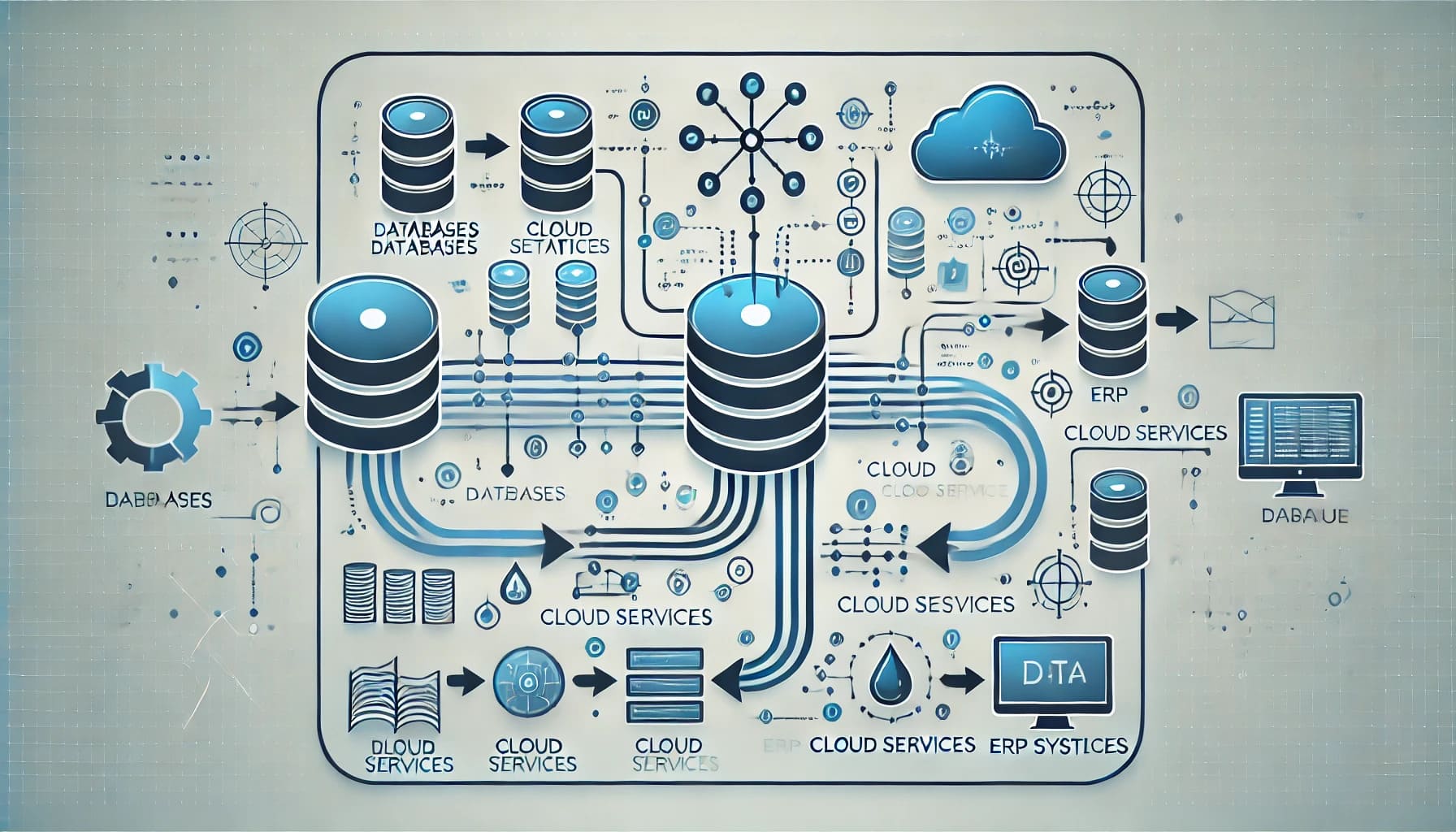
Storing supplier data in a centralized repository is essential for efficient management. A centralized system allows you to access all supplier information from a single location. This setup minimizes data silos and enhances data accuracy. It also streamlines communication and reduces procurement cycle times. By centralizing your data, you improve supply chain visibility and operational efficiency.
Organizing data effectively requires robust categorization techniques. You can categorize data based on supplier type, geographical location, or performance metrics. This organization helps you quickly retrieve relevant information when needed. It also aids in identifying trends and patterns, which can inform strategic decisions. Proper categorization ensures that your data remains accessible and useful, supporting better decision-making capabilities.
To leverage supplier data effectively, you must employ analytical tools and techniques. These tools help you process and interpret large volumes of data. They enable you to track key performance indicators, identify trends, and predict future outcomes. By using advanced analytics, you gain insights that enhance negotiation leverage and risk mitigation. This analytical approach empowers you to make informed decisions that drive business success.

The ultimate goal of supplier data management is to use data for decision-making. By analyzing data, you can optimize inventory levels, reduce costs, and improve supplier relationships. Data-driven decisions lead to increased profitability and agility in capitalizing on market opportunities. By prioritizing data analysis, you ensure that your supply chain operates smoothly and efficiently.
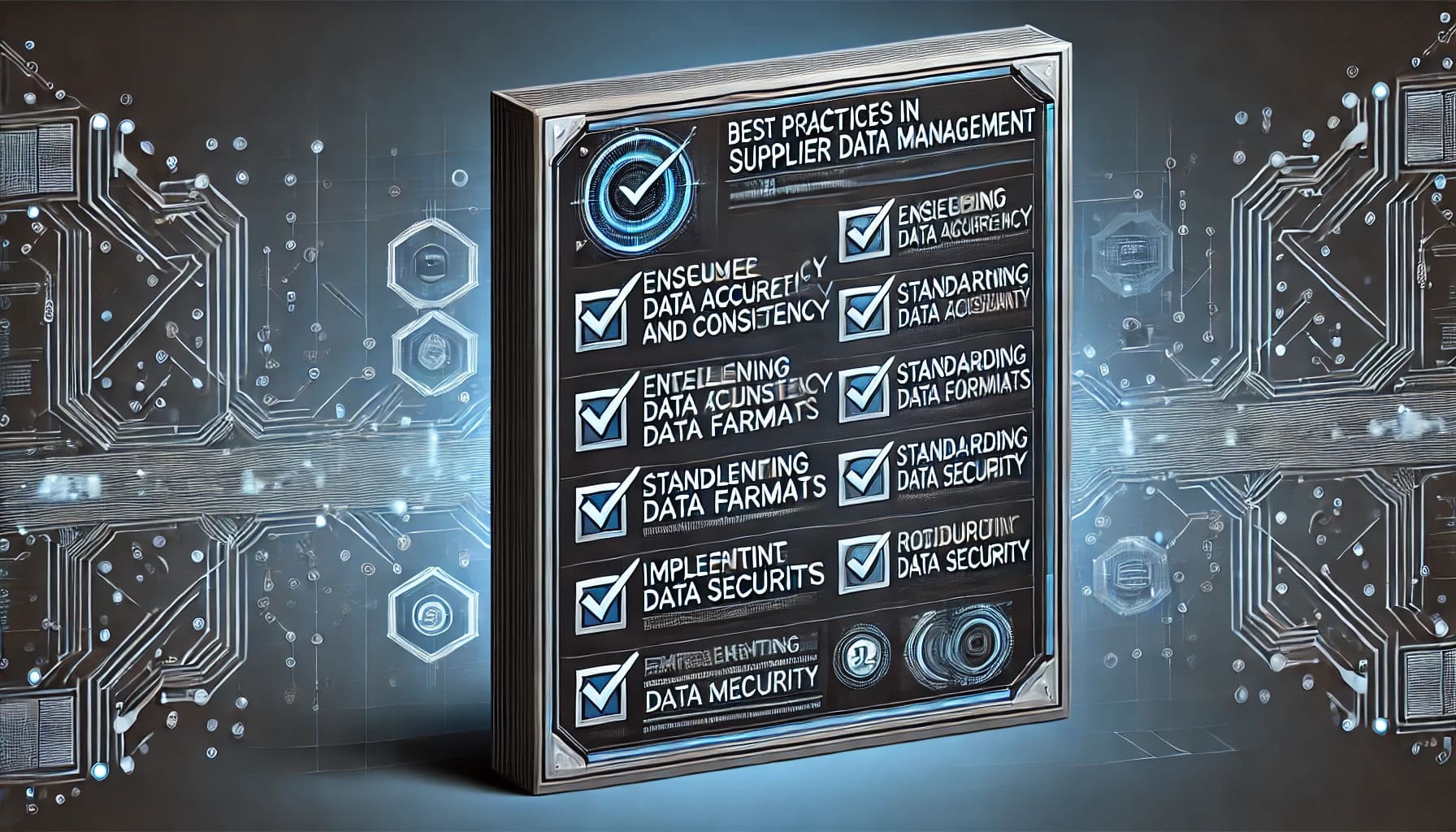
Accurate and consistent supplier data is essential for effective supplier data management, serving as the foundation for smooth operations and informed decision-making. Prioritizing data consistency ensures that all supplier information remains reliable and uniform, facilitating better business decisions and operational efficiency. This focus on maintaining high standards of data accuracy and consistency is crucial for the success of any data management strategy.
Conduct regular data audits to maintain data accuracy. These audits help you identify discrepancies and outdated information. By routinely checking your supplier data, you can correct errors and update records promptly. This practice not only enhances data reliability but also supports better supplier relationships and operational efficiency.
Standardizing data formats is crucial for consistency. Use uniform templates and formats for all supplier data entries. This approach minimizes confusion and errors, making data easier to manage and analyze. Standardization also facilitates seamless integration with other systems, enhancing overall data management efficiency.
Protecting supplier data is essential to prevent unauthorized access and data breaches. Implementing robust security measures safeguards sensitive information and ensures compliance with regulations.

You must protect sensitive supplier information by employing encryption and access controls. Limit data access to authorized personnel only. Regularly update security protocols to address emerging threats. By securing supplier data, you build trust with your suppliers and reduce the risk of data breaches.
Ensure adherence to data protection regulations like GDPR or CCPA by familiarizing yourself with these relevant laws and implementing the necessary measures required to comply with them. Effective compliance is a cornerstone of robust Data Governance Policies, safeguarding your organization from legal repercussions and bolstering your reputation as a responsible business partner. This commitment to data governance not only protects your data assets but also demonstrates your dedication to maintaining trust and integrity in all business dealings.
Technology plays a pivotal role in modern supplier data management. Utilize advanced tools and systems to streamline processes and improve data handling.
Adopting supplier management software enables data automation across data collection, storage, and analysis processes. These advanced tools provide real-time updates and actionable insights, empowering swift, informed decision-making. By harnessing the power of data automation, you improve data accuracy and streamline operational workflows, ultimately driving cost savings and mitigating risks. Leveraging such technology not only optimizes efficiency but also ensures a robust, data-driven approach to supplier management that enhances overall business performance.
Integrate supplier data management systems with other business applications such as ERP or CRM. This integration ensures seamless data flow across departments, improving collaboration and decision-making. By connecting systems, you gain a comprehensive view of your supply chain, fostering stronger supplier relationships and enhancing procurement processes.

In the realm of supplier data management, integrating data from multiple sources can pose significant challenges. FineDataLink offers a robust solution to these challenges by providing seamless data integration capabilities. You can use FineDataLink to synchronize data across various platforms in real-time, ensuring that your supplier information remains current and accurate. This real-time synchronization helps you avoid the pitfalls of outdated data, which can lead to costly errors and inefficiencies.
FineDataLink supports over 100 common data sources, allowing you to connect diverse supplier systems effortlessly. This extensive connectivity ensures that you can manage data from different suppliers, regardless of format, without manual intervention. By automating data extraction, transformation, and loading processes, FineDataLink reduces the time and effort required for data management. This automation not only enhances operational efficiency but also minimizes the risk of errors, leading to more reliable supplier data.
"Streamlining procurement processes and improving vendor relationships are key outcomes of effective supplier data management."
With FineDataLink, you can achieve these outcomes by ensuring that your data integration processes are efficient and reliable.
Once you have integrated your supplier data, the next step is to analyze it effectively. FineBI empowers you to transform raw data into actionable insights through advanced analytics. You can use FineBI to connect, analyze, and share data across your organization, facilitating informed decision-making. This capability is crucial for identifying trends, tracking key performance indicators, and predicting future outcomes.
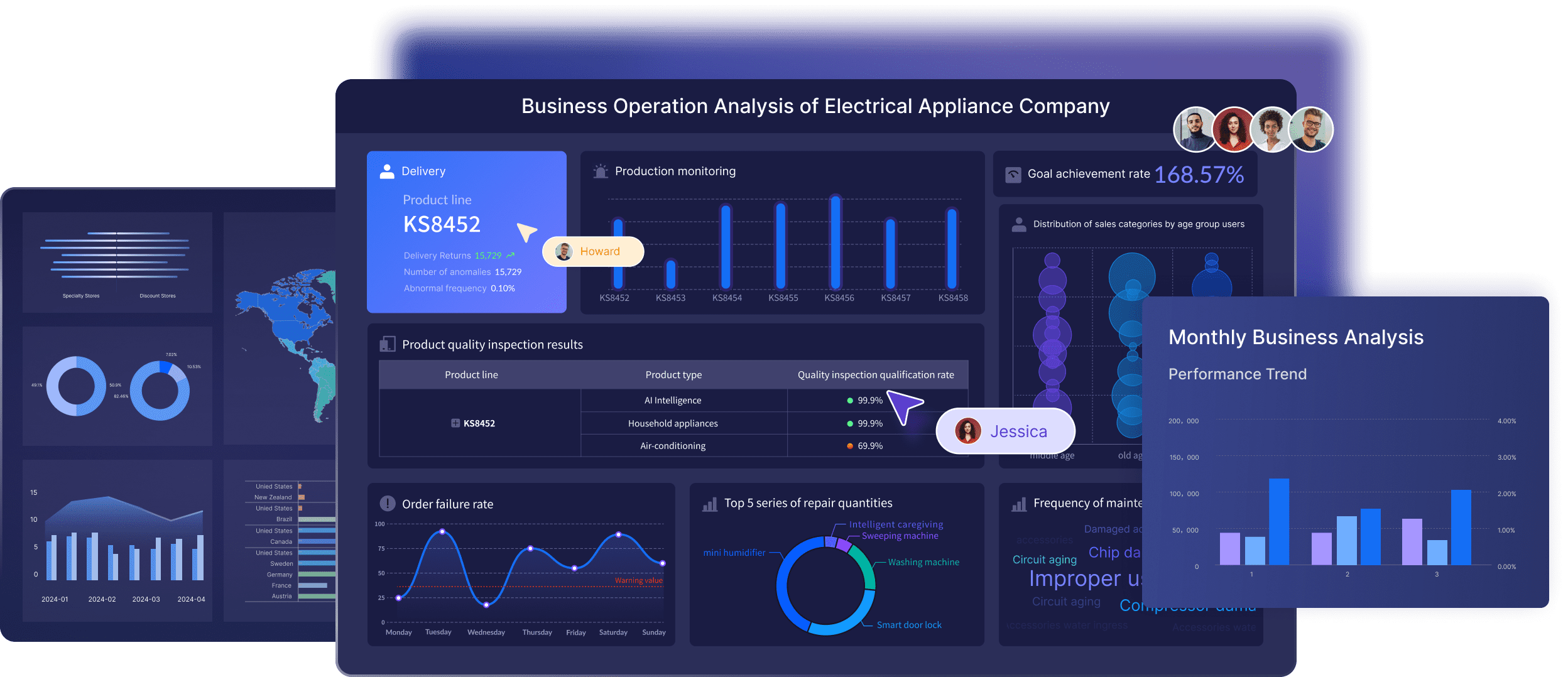
FineBI's high-performance computing engine allows you to process large datasets quickly, enabling real-time analysis. This real-time capability ensures that you can make decisions based on the most current data available. Additionally, FineBI's flexible ETL and ELT data processing modes support comprehensive data cleansing and preparation, ensuring that your analysis is based on high-quality data.
By leveraging FineBI, you can enhance your supplier data management strategy by gaining deeper insights into supplier performance and risk factors. This analytical approach not only improves compliance and risk management but also fosters stronger supplier relationships.
"Improved supplier data quality and better supplier risk management are essential for efficient procurement and supply chain management."
FineBI helps you achieve these goals by providing the tools necessary for advanced data analysis and visualization.
Effective supplier data management is crucial for your business. It enhances procurement processes, improves vendor relationships, and boosts operational efficiency. By adopting best practices, you can streamline operations and reduce risks. Implementing centralized systems helps you address common challenges and maintain data accuracy. As the business environment evolves, staying ahead with robust data management strategies will ensure your supply chain remains competitive and resilient. Embrace these practices to secure a successful future in supplier data management.
Click the banner below to experience FineBI for free and empower your enterprise to convert data into productivity!
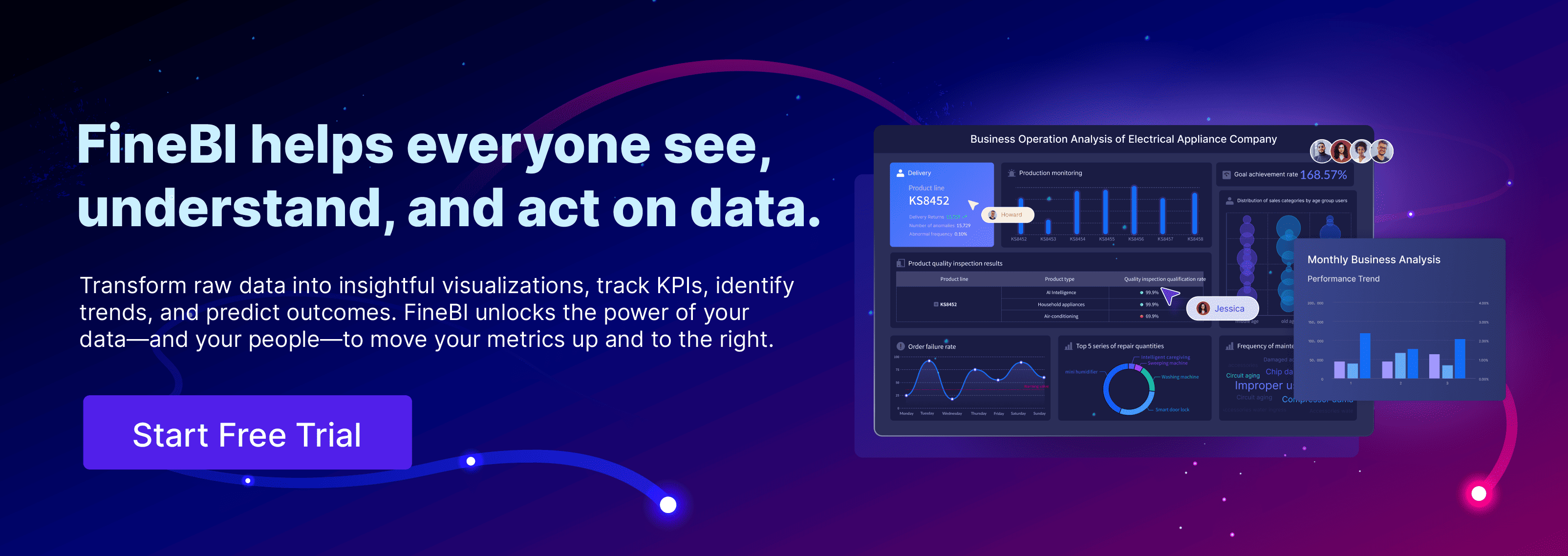
Mastering Data Management: Your Complete Guide
Essential Guide to Master Data Management

The Author
Howard
Data Management Engineer & Data Research Expert at FanRuan
Related Articles
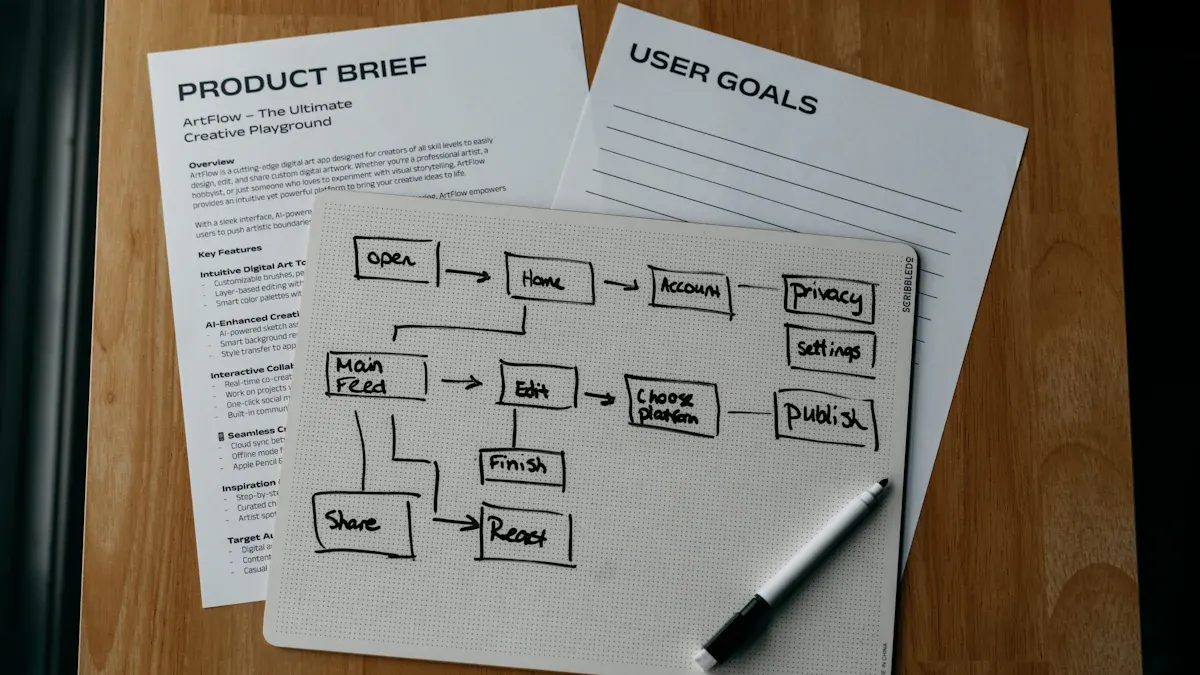
What is a data management platform in 2025
A data management platform in 2025 centralizes, organizes, and activates business data, enabling smarter decisions and real-time insights across industries.
Howard
Dec 22, 2025

Top 10 Database Management Tools for 2025
See the top 10 database management tools for 2025, comparing features, security, and scalability to help you choose the right solution for your business.
Howard
Dec 17, 2025

Best Data Lake Vendors For Enterprise Needs
Compare top data lake vendors for enterprise needs. See which platforms offer the best scalability, integration, and security for your business.
Howard
Dec 07, 2025